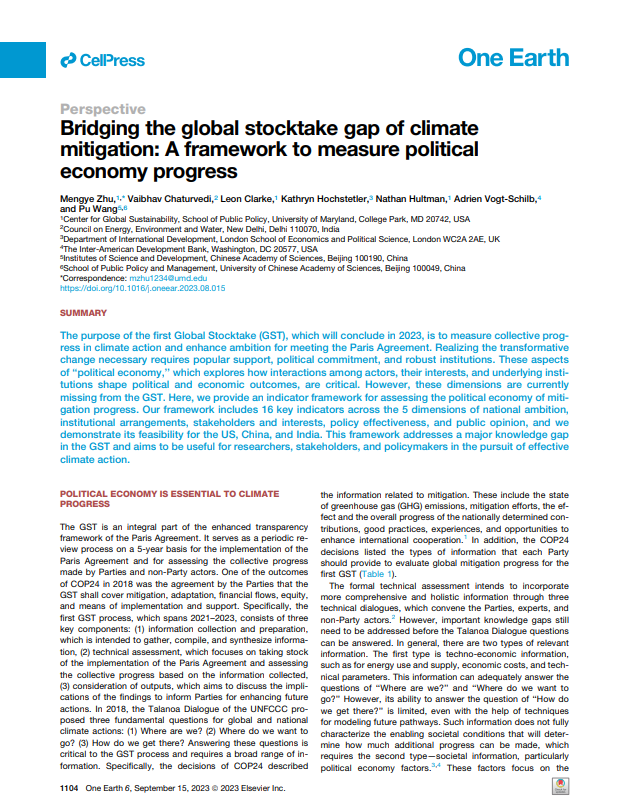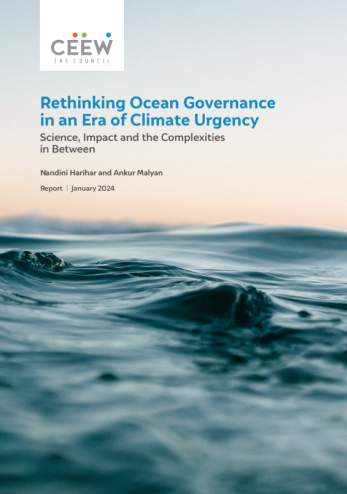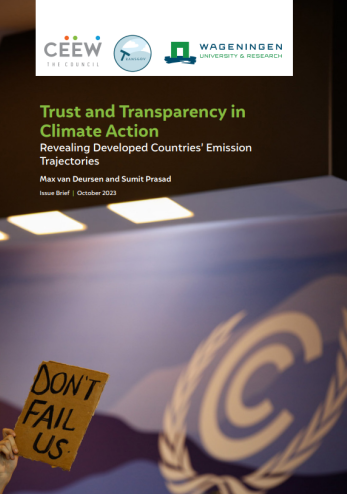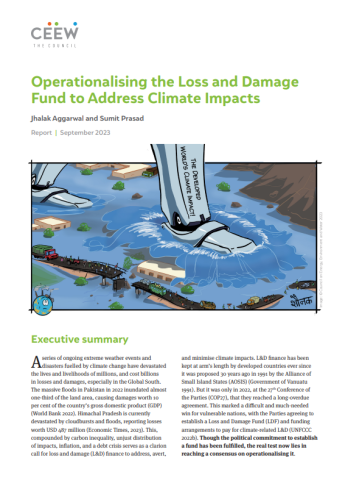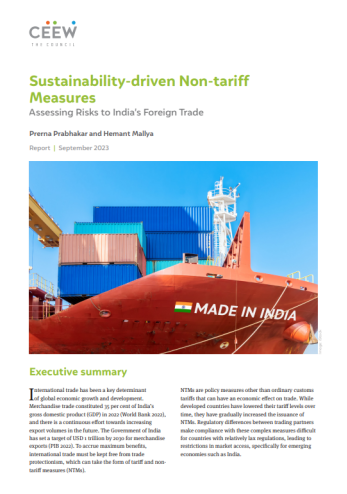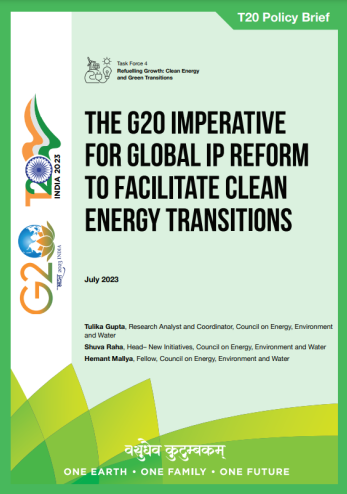Paper
Bridging the Global Stocktake Gap of Climate Mitigation
A Framework to Measure Political Economy Progress
Mengye Zhu, Vaibhav Chaturvedi, Leon Clarke, Kathryn Hochstetler, Nathan Hultman, Adrien Vogt-Schilb, and Pu Wang
September 2023 | International Cooperation, Low-carbon Economy
Suggested citation: Zhu, Mengye, Vaibhav Chaturvedi, Leon Clarke, Kathryn Hochstetler, Nathan Hultman, Adrien Vogt-Schilb, and Pu Wang. 2023. Bridging the Global Stocktake Gap of Climate Mitigation: A Framework to Measure Political Economy Progress. One Earth 6, September 15, 2023. https://doi.org/10.1016/j.oneear.2023.08.015
Overview
The first Global Stocktake (GST), culminating at the 28th Conference of Parties (COP28), aims to measure the collective progress in climate action and enhance ambition for meeting Paris Agreement goals. This paper provides an indicator framework for assessing the political economy — which explores how interactions among actors, their interests, and underlying institutions shape political and economic outcomes — of mitigation progress. The framework includes 16 key indicators across five dimensions of national ambition, institutional arrangements, stakeholders and interests, policy effectiveness, and public opinion. The paper also demonstrates the framework’s feasibility for the US, China, and India India — the world’s three most populous countries and largest carbon emitters — as per the latest data availability.
Key Highlights
- Many factors shape a country’s political economy, such as regime type, economic structure, and development level. These factors play a critical role in structuring climate mitigation strategies.
- For example, democratic regimes may be more politically decentralized and allow for diverse stakeholder engagement, but may face challenges in reconciling conflicting interests. Authoritarian regimes may be more efficient in implementing state-led actions, but may encounter difficulties in reversing anti-climate policies.
- Recognising the importance of broad issues of definition and scope, the paper simplifies an admittedly complex problem and literature to create a tractable approach. It focuses on five dimensions: national ambition, institutional arrangements, stakeholders and interests, policy effectiveness, and public opinion.
- National ambition aims to examine progress based on existing climate pledges and national commitments by heads of state or government.
- Institutional arrangements evaluate the scales and scope of climate institutions, robustness of climate institutions and the prevalence of institutional veto points.
- The stakeholders and interests dimension assesses stakeholder inclusiveness, support from political elites, the political influence of interested coalitions and the number of co-benefits partnerships.
- Policy effectiveness looks at the effectiveness of policy adoption, the effectiveness of policy implementation, policy coherence and the track record on previous climate commitments.
- The public opinion indicator gauges climate awareness, public support for climate actions, heterogeneity in perception and specific interests.
- Taking the US as an example, the assessment shows that the country has better performance in indicators such as existing climate pledges, national commitments by heads of state or government, scale and scope of climate institutes, stakeholder inclusiveness, and effectiveness of both policy adoption as well as policy implementation. However, it needs to take more proactive actions to address climate change skepticism.
- The assessment results for China indicate a relatively balanced distribution of political economy scores across all five dimensions. There is room for progress for certain indicators such as the political influence of interested coalitions, stakeholder inclusiveness, and existing climate pledges.
- The assessment of India highlights the need to enhance the policy effectiveness dimension. India should also pay specific attention to improving various indicators across different dimensions, such as effectiveness of policy adoption, existing climate pledges, and public support for climate actions.
“A new approach consolidating societal and institutional factors needs to be defined around successful mitigation in the formal Global Stocktake. A stocktake that fundamentally recognizes and reflects these issues can better depict mitigation progress and challenges, going beyond techno-economic information.”




